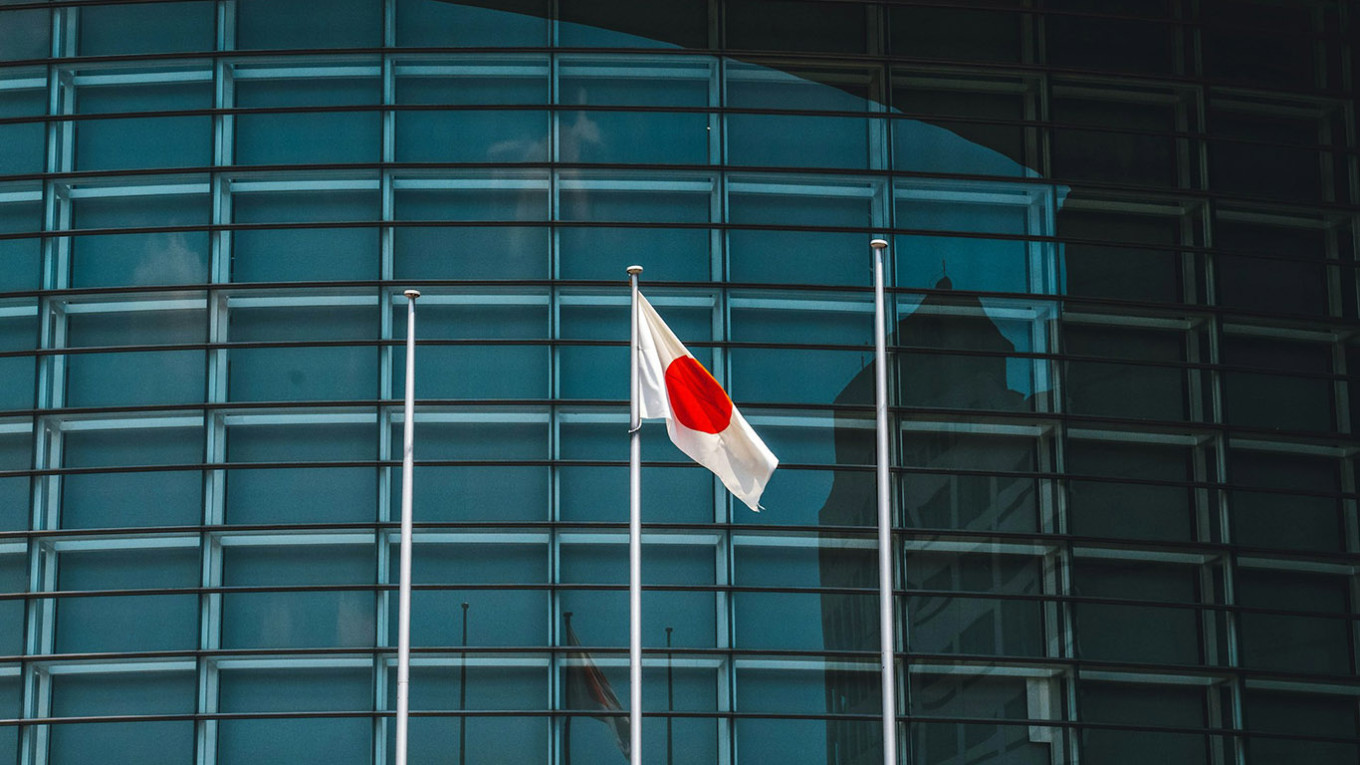Japan’s Prime Minister supports deployment of US nuclear weapons in the country
16 November 18:06
Japanese Prime Minister Sanae Takaichi plans to revise the three principles of state policy from 1967, according to which the country cannot possess nuclear weapons, as well as produce and deploy them in its territory, Mainichi writes, "Komersant Ukrainian" reports.
The initiative arose against the backdrop of updating key national security documents. In particular, Takaichi proposes to abandon the ban on the import of nuclear weapons, as it weakens the deterrent potential of the United States. Currently, Washington cannot deploy such munitions at its military bases in Japan and on ships entering its ports.
Initially, the topic will be discussed within the ruling Liberal Democratic Party, which is headed by Takaiti, and with coalition partners. Consultations will begin next week. If the parties manage to develop a common position, it will be formalized as a recommendation to the government, after which the final decision will be made by the prime minister.
on November 11, during a speech in parliament, Takaiti avoided answering the question of whether Japan would continue to adhere to the three non-nuclear principles. She noted that now was not the time to say anything on the matter, and also stated that a Chinese attack on Taiwan could be a situation that “threatens the survival” of Japan and would allow the country to exercise its right to collective self-defense. This provoked a sharp reaction from Beijing. Earlier, Takaiti said that if Japan’s security depends on the United States, the authorities should “carefully discuss” nuclear restrictions.
The Kremlin has expressed concern that Japan is showing uncertainty about its non-nuclear status after the election of a new prime minister on October 21. Russian presidential spokesman Dmitry Peskov said that Moscow was closely monitoring Takaichi’s statements in this regard.
Japan’s national security strategy was last updated on December 16, 2022. It refers to the country’s right to launch counterstrikes against targets near a potential enemy. For this purpose, it is planned to increase the range of the Type-12 missiles of the Self-Defense Forces, develop its own hypersonic weapons and purchase American Tomahawk cruise missiles. The document also envisages an increase in military spending to 2% of GDP by 2027, but Takaiti promised that this goal would be achieved ahead of schedule.
In August, a member of the Japanese parliament, a member of the National Security Policy Council of the ruling Liberal Democratic Party, Rui Matsukawa, said that Japan could turn to nuclear weapons. After the country survived the atomic bombing at the end of World War II, this issue was taboo. But now Japan is surrounded by three nuclear powers – Russia, China, and North Korea. In addition, the confrontational policy of US President Donald Trump’s administration toward allies has sparked talk of the need to rely more on its own strength, Matsukawa said.









